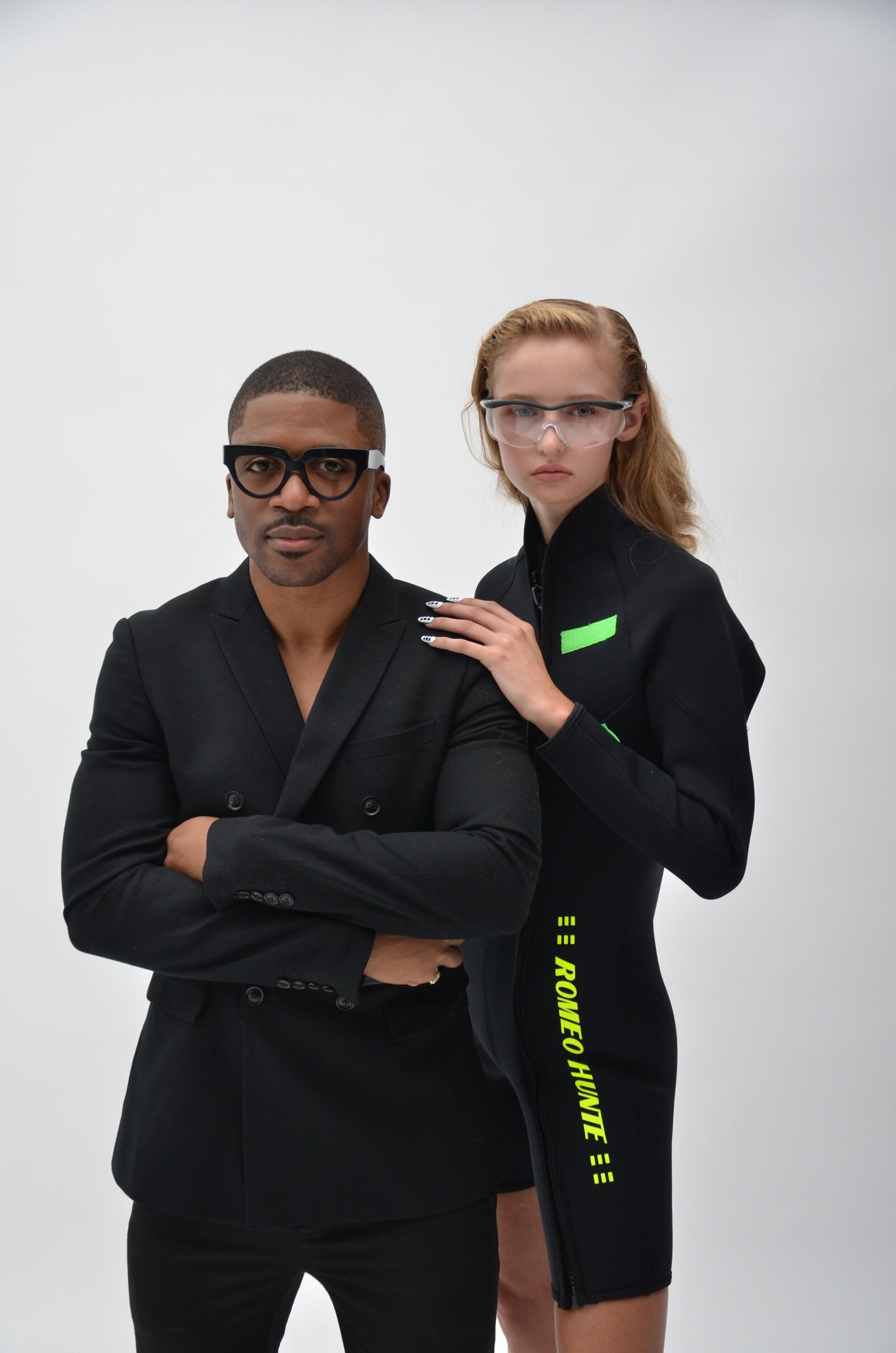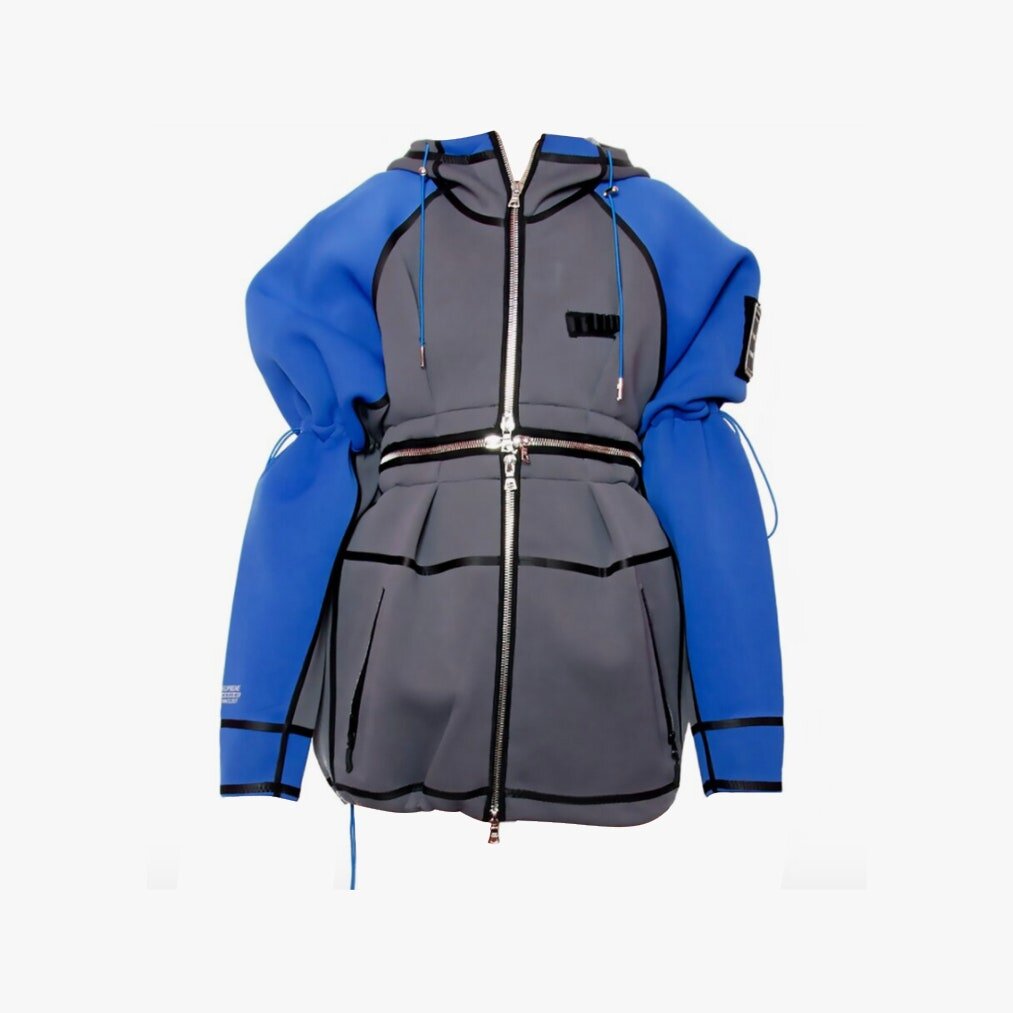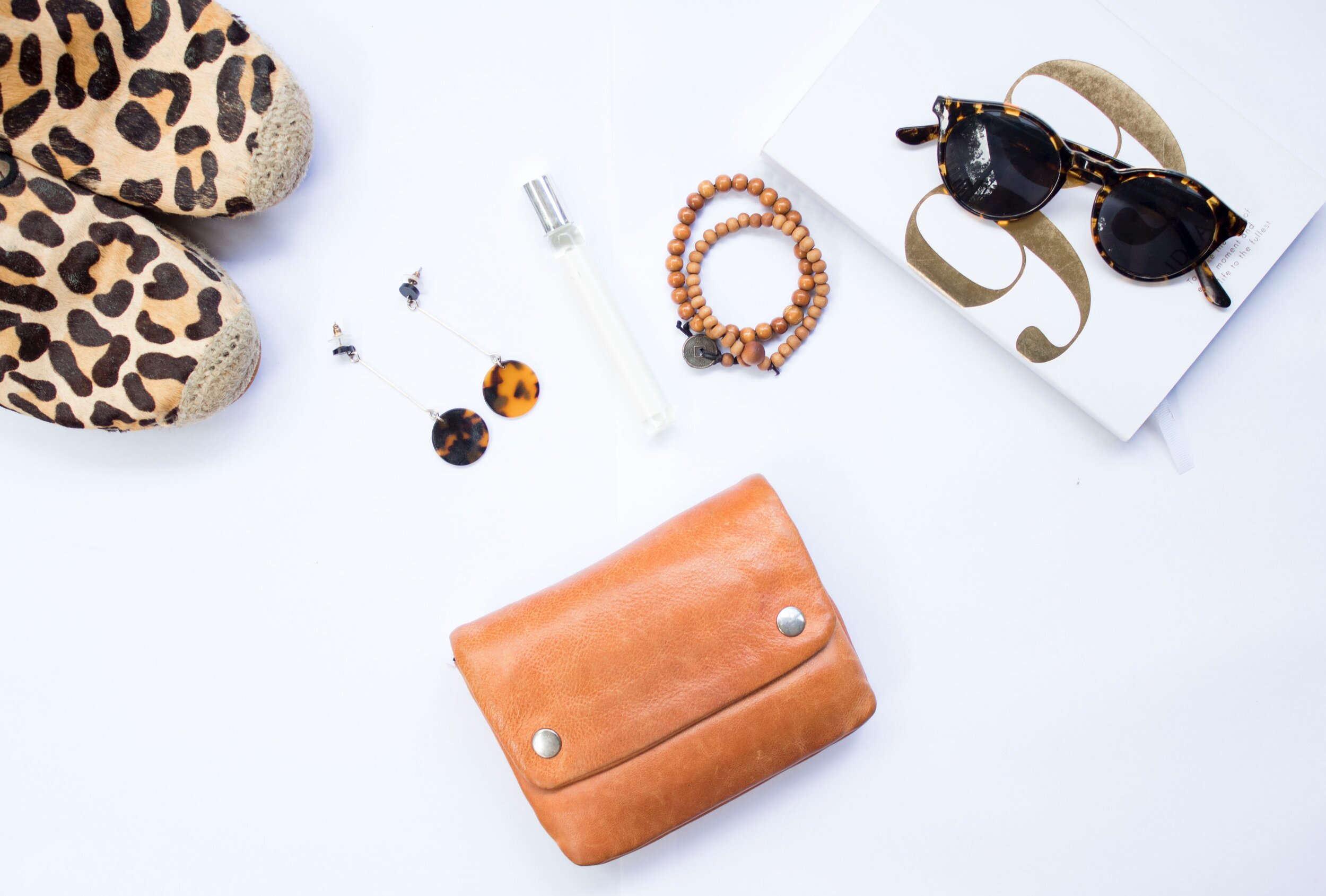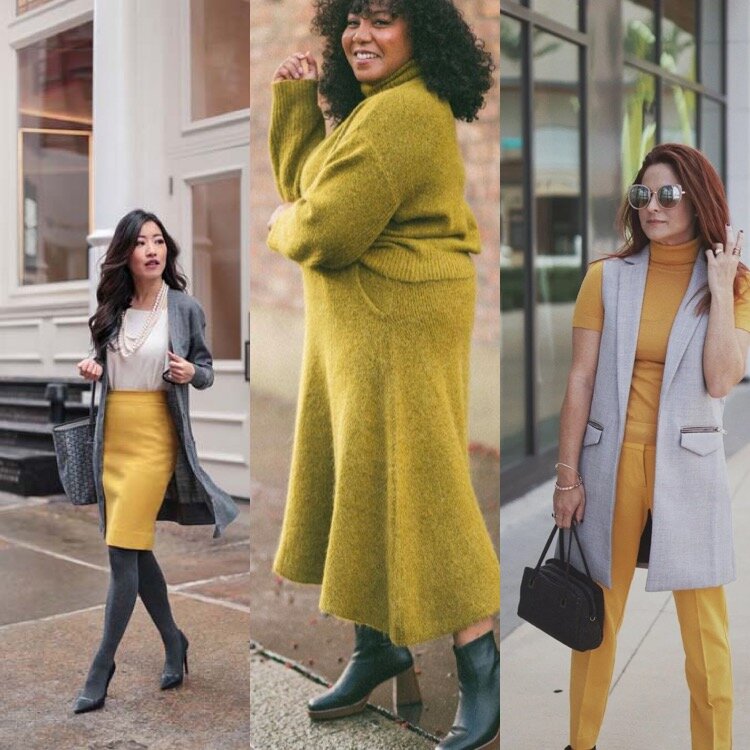How Romeo Hunte Is Quietly Redefining What It Means to Be an American Brand
Romeo Hunte’s journey since launching his namesake label in 2013 may have been impressively considered, but even he wasn’t prepared for the challenges that the current pandemic would bring. Hunte says, “There were a lot of ups and downs over the past few months. My grandfather passed, and a few other members of the team had family members pass too. We just kind of huddled together, working from home, working very odd hours, and I think it built us up to be a stronger team—as a family, we understood everyone's going through this, and were always checking in on each other.”
After all, if there’s one thing that defines Hunte’s ascent since launching his label in 2013—aside from his signature deconstructed outerwear—it’s the strong sense of community he’s developed. This doesn’t just include the illustrious list of celebrities, from Beyoncé to Zendaya, who have stepped out in his pieces, but the regular clients for whom he makes custom looks on a made to order basis. “We really don’t like to waste, so that on its own meant we weren't sitting on stock,” he says. “We started asking, what does our customer actually want right now?” The natural answer, aside from the more flamboyant pieces still available on his website, was a range of face masks—a product that, for Hunte, fulfilled more than just a practical need. “The feedback from the masks has simply been that they’ve brightened up their day when they come in the mail, and I felt that’s the best thing I could do at this moment.”
As Hunte and his team began to plan their next steps post-lockdown, however, another national tragedy occurred; namely, the killing of George Floyd. Throughout the Black Lives Matter protests that followed, Hunte has been keenly observing the fashion industry’s reckoning with its historic underrepresentation of Black designers and creatives. “I think there’s a lot more work to be done,” Hunte says. “When I was a child, fashion was something that I always dreamed of doing, but it's challenging to step into an industry and feel like there aren't that many people that look like you, or share the same inspiration, to feel like you’ve been in the industry delivering each season and it’s overlooked. A lot of things are not so inclusive as they're promoted, sometimes it feels like, as a designer, you only really get noticed during Black History Month on those things. It can be frustrating, but I think I’ve learned to try not to bring emotion into the business. Hunte says, “I'm just hoping that it opens up doors for younger designers to feel like there's a place for them. Not just me, but the Kerbys, the LaQuans, the Victors, and the Telfars of the world. We can inspire a whole generation of designers to feel like: Wow, I could actually do it. When I was a young designer, I didn't have that many designers to look up like to really inspire me.”






















At the rise of Covid-19 many of us first questioned the timeline of fashion week and would we see the regular calendar continue - the question weighed over many of us for months! It was refreshing to see design houses and designers across the globe take advantage of the uncertainty and plow into production mode - thus my interest in Jerri Reid New York - The Black Designer based in Brooklyn New York wow’d instagram with his latest collection paying homage to the Black Is King film which debuted earlier this year in July. I was taken aback at quick of a turn round the young designer produced and released his well crafted designs reflecting some of the films most memorable moments.